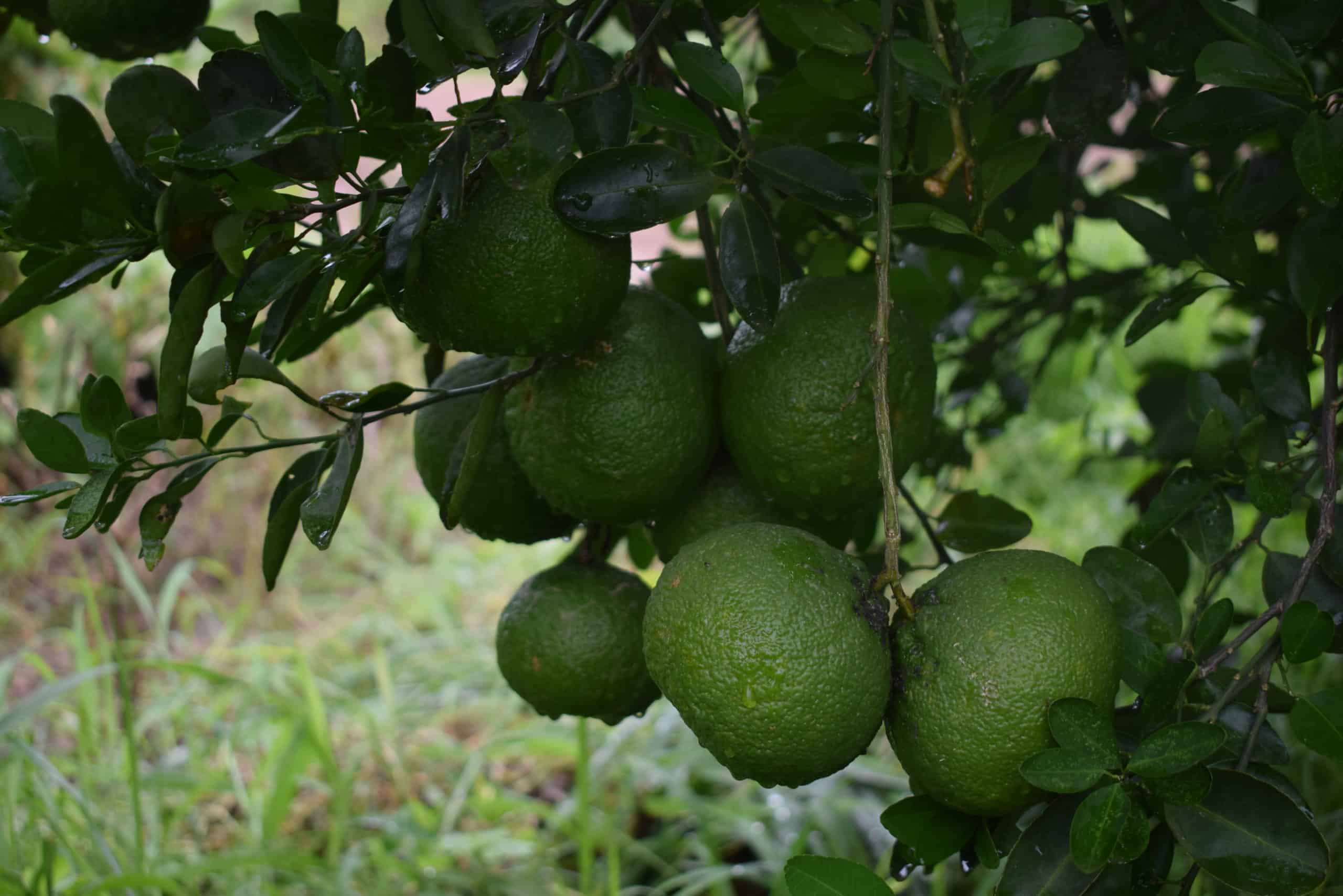“We do not take the threat of the Novel Coronavirus lightly. A virus like this disproportionately affects communities in the developing world where healthcare and access to standard hygiene products are limited,” says Trees for the Future Executive Director John Leary. “We are doing our part to slow the spread of this virus to protect the global population and the most vulnerable among us.”
TREES 20+ headquarters staff and 150+ field staff are working to end hunger, poverty, and deforestation by training rural farmers in regenerative agriculture and agroforestry techniques. The 30-year-old organization has planted more than 180 million trees and has trained tens of thousands of farmers in their Forest Garden Approach. Their success has been achieved in large part through the technical training they provide to farmers.
“As a teaching organization, our time in the field with farmers is crucial to their success and ours, but the health and safety of our staff and the farmers we serve is paramount,” says Director of Programs Brandy Lellou. “These next few months will certainly be a challenge, but thanks to technology and smartphones, our training staff are able to remain in close virtual contact with each farming community.”
TREES staff are currently updating their training approach using video and WhatsApp. Staff are filming the trainings that would typically be held in person and sending them to the lead farmers of each project. The lead farmers are then able to share the videos via WhatsApp or text with each farmer.
“The beauty of our work is that we are teaching farmers how to achieve independence on their land, both nutritionally and economically,” says Lellou. “Farmers in our program have had the opportunity to start saving money and they’re looking forward to diverse crop harvests in the coming months. We’re very proud of their successes and we will continue supporting them through the challenges to come.”
“The communities we work in are the most impacted by a pandemic,” says Leary “So fundraising remains a crucial part of our work through this crisis. We are grateful for the ongoing support from partners and donors, as their generosity ensures we will be able to continue helping these vulnerable communities through the health and economic impacts of COVID-19.”
As TREES staff and farmers communicate virtually for the foreseeable future, TREES has shared a detailed list of mandatory practices with staff, including guidelines from the World Health Organization, the importance of hand washing, and halting all personal travel as well. TREES will continue monitoring the situation across program countries and adjust operations accordingly, updates on response and directives can be found here.
###
Trees for the Future is a 501 (c)(3) nonprofit headquartered in the United States and operating programs in Cameroon, Kenya, Senegal, Tanzania, and Uganda. Trees for the Future is ending hunger, poverty, and deforestation through regenerative agroforestry training.
